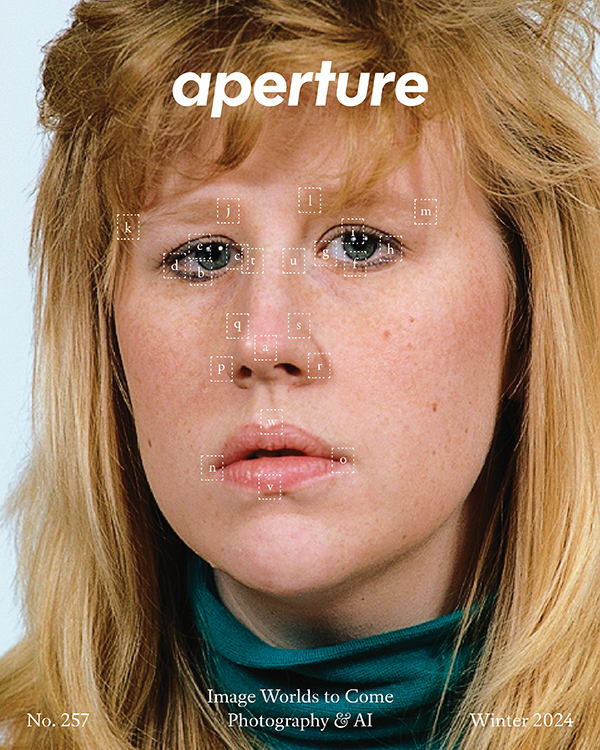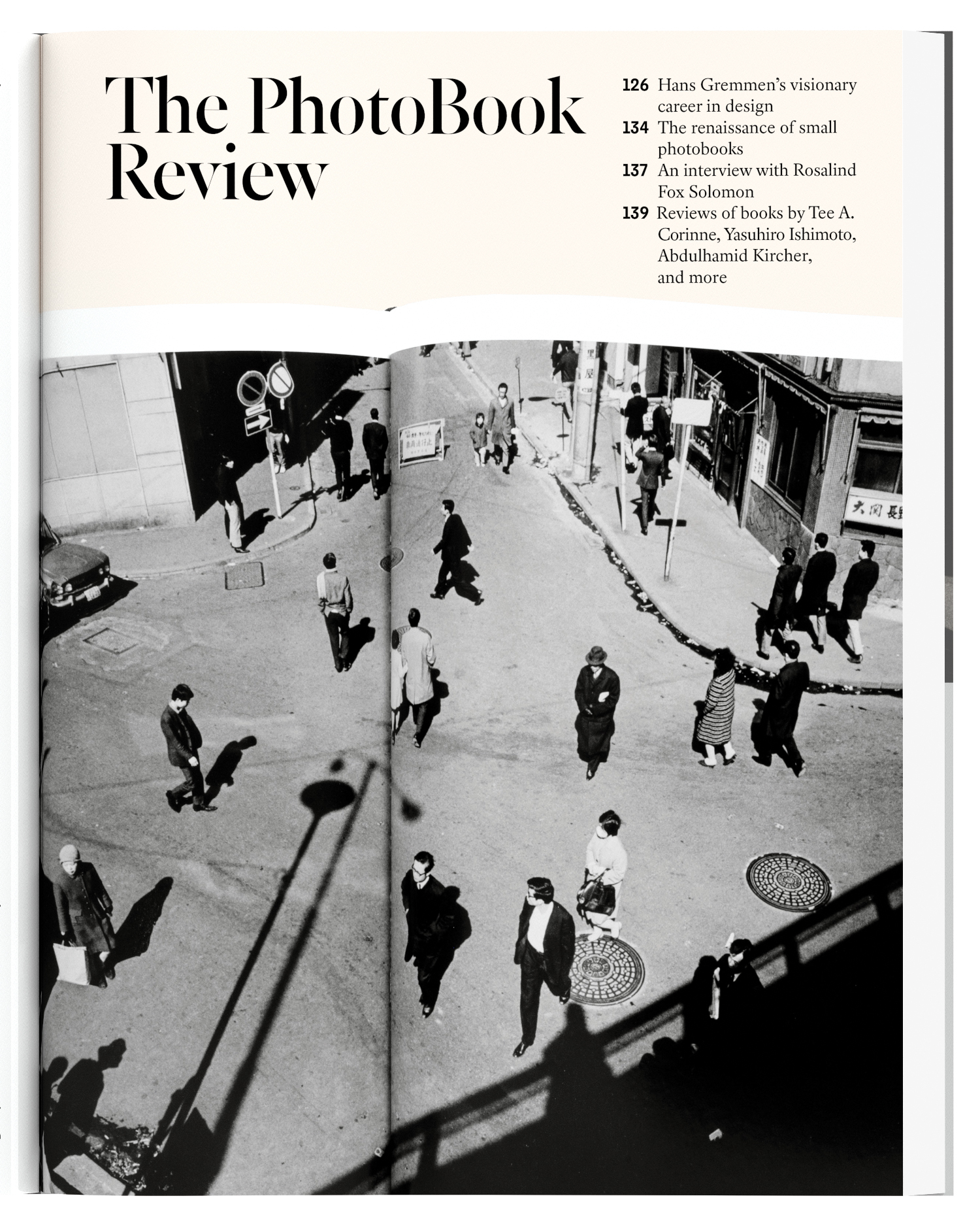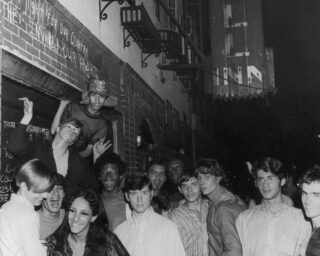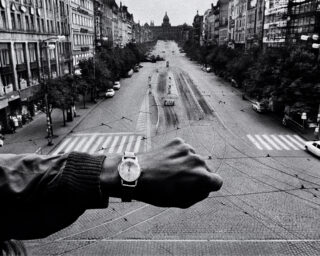Yannick Bouillis on Offprint Paris
From the beginning, Offprint Paris—a yearly art-publishing fair featuring books, CDs, records, magazines, zines, and posters by emerging artists, photographers, and graphic designers—has been a success, much like similar book fairs: the New York and Los Angeles Art Book Fairs, PA/PERVIEW Art Book Fair in Brussels, and Miss Read: The Berlin Art Book Fair, among others.
The success of the fair can’t be solely attributed to its organizers (especially since Offprint’s director is notoriously untalented). The popularity of these events begs the question: why has there been such a boom in art book fairs?
What is almost certain is that the growth of publishing in the avant-garde scene should not be understood as a revival of the book form—the attractiveness of printed matter has nothing to do with a desire to deflate the wonders of digital mediums and the Internet. The reason for this boom has more to do with the state of the art world: although artists have less and less control of how their work is sold and exhibited, they can maintain their independence through publishing.
It seems obvious that artists and curators are pressured to fulfill the objectives of governments and cities, and that demanding galleries are no longer able to stand up for young artists in a market that is subject to global capitalism. In other words, when it comes to art nowadays, government and companies speak first. Somewhere between soft-power strategies, economic policies, and the luxury market, art no longer seems able to speak its own name.
In this context, publishing seems to offer an authentic, autonomous space within the art community. Books and other publishing artifacts such as magazines, posters, and tapes are—in comparison to artworks—relatively free from public and market concerns. It is meaningful to note that despite the public and private funding cuts that have affected the art-publishing world over the past few years, artists, photographers, and graphic designers have continued to show a deep interest in publishing, finding alternative routes to creating and distributing art on their own terms.
The success of Offprint and other art book fairs might be found in what they offer publishing today: a resistance to the spectacle of art and its frenetic commercialization. After all, a book is just a book.
_____
Yannick Bouillis is the founder and director of Offprint Projects. Offprint aims to reevalute the theoretical and practical importance of publishing in the art world as a complement of exhibiting and selling art, through lectures, essays, and fairs. Bouillis currently lives in Arles, France. offprintprojects.com























